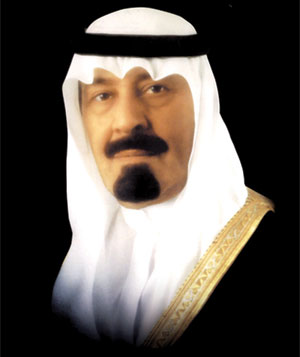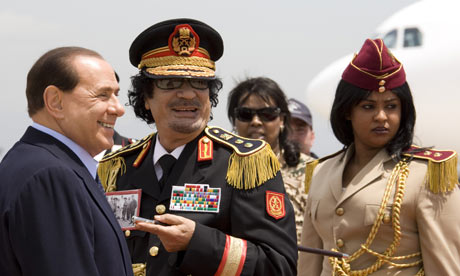If you'd asked me yesterday, I would have said unrest resulting in deaths in Oman was unlikely. But what do I know?
Gulf NewsAuthorities had to use teargas to disperse protesters at the Globe Roundabout in the port town of Sohar this morning, according to an eye witness.
"A helicopter is dropping shells and teargas is used to control the crowds that has stayed put at the Globe Roundabout since yesterday," an eye witness, who preferred not to be named, told Gulf News over the phone from Sohar.
The action by security could not be confirmed by any authority.
According to a Dubai resident he had to return to UAE because roads at the Sohar were blocked and they were turned back.
The social media is abuzz with tweets and blogs about the protests in Sohar where the protesters are demanding reforms and end to corruption.
What does this portend for the UAE?
The UAE is much richer, and government handouts allow a comfortable life. I don't see economics being a driver of dissent in the UAE. Quite the opposite -- why risk instability? In addition, on this score the rulers stay ahead and increase handouts to defuse dissent on economic grounds. That does prompt the question: Isn't this proof they have far more to give, and that citizens ought to asking why there's not a greater sharing of national income; why does the bulk go to so few?
There are a few voices of dissent calling for greater transparency and representation, and/or criticizing foreign policy. Those are repressed, which if anything does suggest the ruling powers fear dissent could spread -- the tactic, however, could backfire especially in the current environment.
By contrast, Oman has a recent history of allowing citizens to let off steam. It doesn't have the oil wealth the UAE does.
Addendum. The government of Oman has issued
its version of events.
Labels: #Jan25
 , a Boston-based consulting firm then working for the Qaddafi government. He tells Mother Jones that he read one chapter of the dissertation and "found it intelligent." After the 2007 trip, Nye
, a Boston-based consulting firm then working for the Qaddafi government. He tells Mother Jones that he read one chapter of the dissertation and "found it intelligent." After the 2007 trip, Nye 












